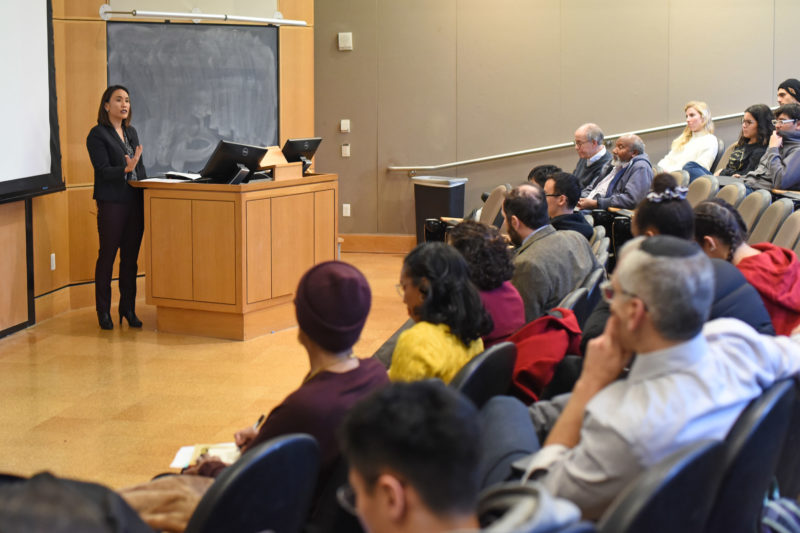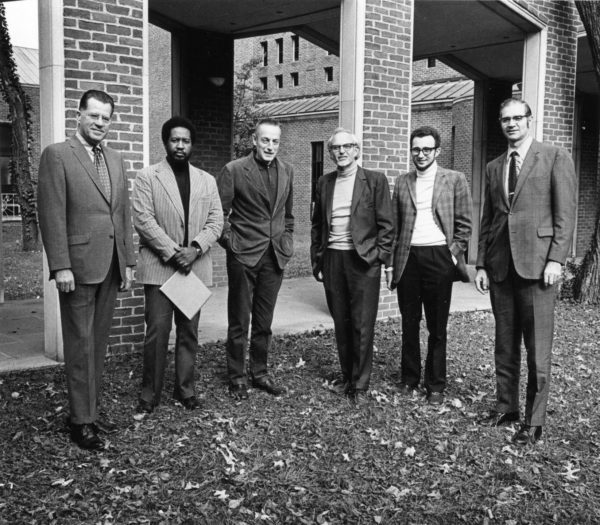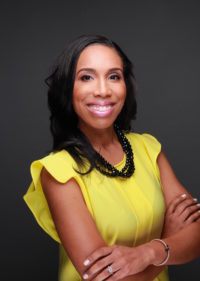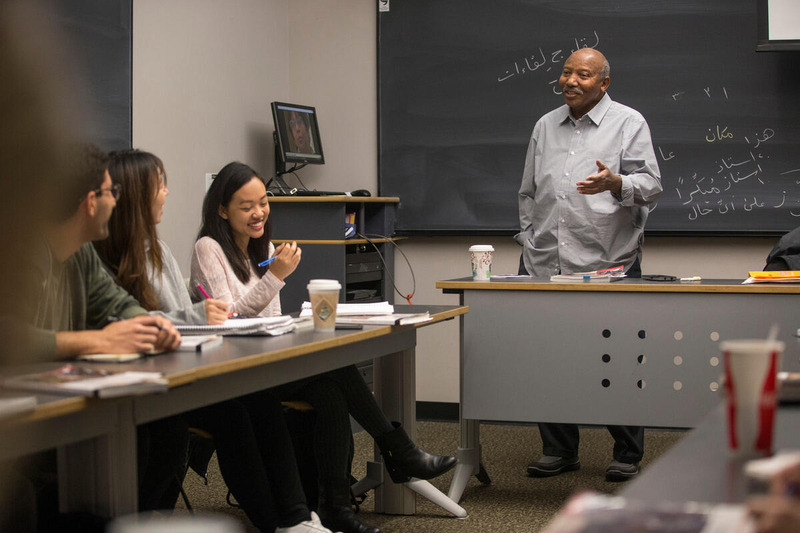Department of Religious Studies Celebrates 50th Anniversary
Fifty years ago, the College of Arts and Science established its own department to study religion, independent of the Divinity School. Under the theme “The First 50 Years, the Next 50 Years,” Religious Studies is marking the milestone anniversary with activities such as an online exhibition of student work, a guest speaker series, and special seminars.

The department’s next event will be Wednesday, February 12. The Rev. Michael Joseph Brown, president of Payne Theological Seminary and a Vanderbilt alumnus, will speak on “Everything Old is New Again: Living in a Multireligious Environment.”
The academic study of religion at Vanderbilt actually has a much longer history than the Department of Religious Studies itself. Starting with a Biblical Department founded in the late 1800s, the university established a Divinity School in 1915. Throughout the early 1900s, Vanderbilt grew its divinity faculty to include prominent theologians and began cross-listing religion courses between the Divinity School and the College of Arts and Science. Grants from the Carnegie Foundation and B’nai B’rith funded the 1949 establishment of a dual-appointment position in Jewish literature and thought. The next 20 years saw growing student and faculty interest in the academic study of major religions, culminating in the establishment of the Religious Studies department in 1969.

Today, the department maintains a close relationship with the Divinity School, which includes a jointly-operated Graduate Department of Religion. But Religious Studies also continues to evolve as the role of religion shifts—not just in students’ lives, but in American society more broadly and on the world stage.

“We’re in a moment of repositioning,” said Assistant Professor of Religious Studies Alexis Wells-Oghoghomeh. “We realize that part of our role is to reignite students’ curiosity about how religion intersects with politics, the economy, health, and society.”
To that end, the department has refocused its curriculum, research opportunities, and faculty hiring to foster the exploration of big questions about religion. Topics and organizing themes include religion as a tool of power, the types of knowledge produced by religious experiences, how religion affects people’s understanding of what is true, and how people have used religious ideas to engage with important issues.
Religious Studies facilitates this broader view, in part, by prioritizing interdisciplinary research and education. Many of the department’s faculty have secondary appointments in other subjects, and students can choose from courses co-listed with Asian Studies, African American and Diaspora Studies, American Studies, and others.

Among the department’s most popular offerings are the minors in Islamic Studies and Arabic Language. According to Wells-Oghoghomeh, these programs—created in 2006 and 2017, respectively—and student’s interest in them are part of a larger trend in the religious studies field, as both students and scholars examine Islam’s increased influence on global politics. In Vanderbilt’s Religious Studies department, however, the goal is to help students understand Islam in full context. Classes cover not just the Islam students hear about on the news, but also the religion and culture that stretches back beyond the medieval period.
Connections between religious studies and the health sciences are another academic priority for the department as it looks toward the next 50 years.
“We have to think about people more holistically, not just their bodies. The academic study of religion can give health professionals the tools to understand patients’ deeply-held beliefs, plus a framework for interacting compassionately with diverse individuals,” Wells-Oghoghomeh said.
At the end of the day, the department’s overarching goal is simple: build cultural fluency in an increasingly diverse society and help students think about old things in new ways.
“We’re trying to get students to see something familiar as strange,” Wells-Oghoghomeh said. “All religious studies scholars are trying to help people think differently about things they think they know.”
